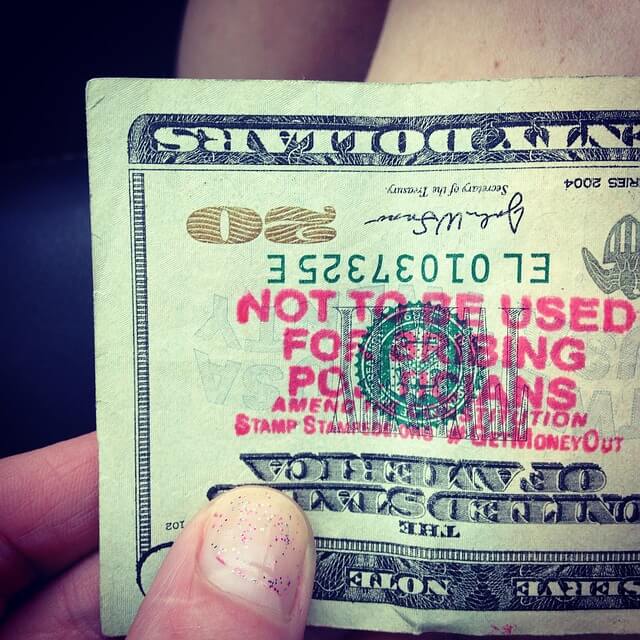They used to tremble when northern Israel spoke. No more. Their immorality had made them so weak they groveled and gave gifts to bigger nations thinking those nations would protect them. Those nations just laughed.
Israel had craftsmen carve images in wood and stone, and then the people bowed down to these artistic creations as gods. But it was more than that. For these fake gods of wood and stone they had created a worship system of sex and human sacrifice. They typically were all about sex to give (false) justification for their licentiousness. And about human sacrifice as they could get rid of people they did not want.
It’s the same today minus the gods of wood and stone.
Their immorality weakened them. It does this always to every nation. Personal immorality makes weak nations.
Therefore these people would be like the morning mist that disappears, or chaff that blows away in the wind. They would be no more.
It was heart-breaking. God had so tenderly cared for them in the desert and brought them out of slavery. He lavished upon them love. But now? They didn’t want him.
So like a lion he would attack them. Devour them. And tear them apart.
“You are destroyed, O Israel, because you are against me, against your helper” (v. 9).
They thoughts a king would save them. But the king was no more.
The sins of Israel kept piling up. They were not repentant nor was there sacrifice for their sins. Because of this,
“The guilt of Ephraim is stored up, his sins are kept on record” (v. 12).
But there would again be hope. He would one day bring redemption from the grave.
“I will ransom them from the power of the grave; I will redeem them from death. Where, O death, are your plagues? Where, O grave, is your destruction?” (v. 14).
We are immediately reminded of Paul’s words as he quotes this verse (1 Cor 15:55-56):
“Where, O death, is your victory?
Where, O death, is your sting?”
The sting of death is sin, and the power of sin is the law. But thanks be to God! He gives us the victory through our Lord Jesus Christ.
But for Israel in this time they would have to face their judgment.
“I will have no compassion even though he thrives among his brothers…The people of Samaria must bear their guilt, because they have rebelled against their God. They will fall by the sword; their little ones will be dashed to the ground, their pregnant women ripped open” (v. 14,16).
Wow. That brings up some questions.
Is God being mean? He says he will have no compassion and they will be brutally killed.
And does God mean by his verse of hope and resurrection that they will go to heaven with him?
To the first question, is God being mean? Whenever God brings judgment, it is God by human who becomes the ones being judged, and not the original evil doers.
The original evil doers were killing innocent people and stealing from others and committing grotesque acts of immorality. What about their actions? Is God not just in bringing judgment against them? If it were you who had your family murdered for no reason, were living in poverty because the rich stole from you, and had your child violated because of the perversity of others, you would be angry if God DIDN’T judge such wickedness. Injustice is hard to swallow.
What God is doing is bringing righteous judgment to a nation. He does that with another nation, Assyria. And he tells them what it is going to look like. They will have no mercy on women and children. They will kill indiscriminately. It happens in every war. It will be ugly.
But God has to do bring judgment. He cannot let evil go unchecked. Otherwise he would not be a righteous, just and good God in the world
Secondly, does the verse of the hope of the resurrection mean they will go to heaven? First of all we have to understand that the Hebrew culture is one that is a group culture that sees history in its entirety, not just for an individualistic moment.
With this in mind what this Scripture is saying is that one day there will be a redemption from the grave. And we see from Paul that this would like the Law and sin being defeated.
Would these people in Israel that were facing judgment go to heaven? Probably the majority, not. Because the LOR


